Burke’s Island Farm launches nonprofit Charlie and Friends Second Stride Rescue
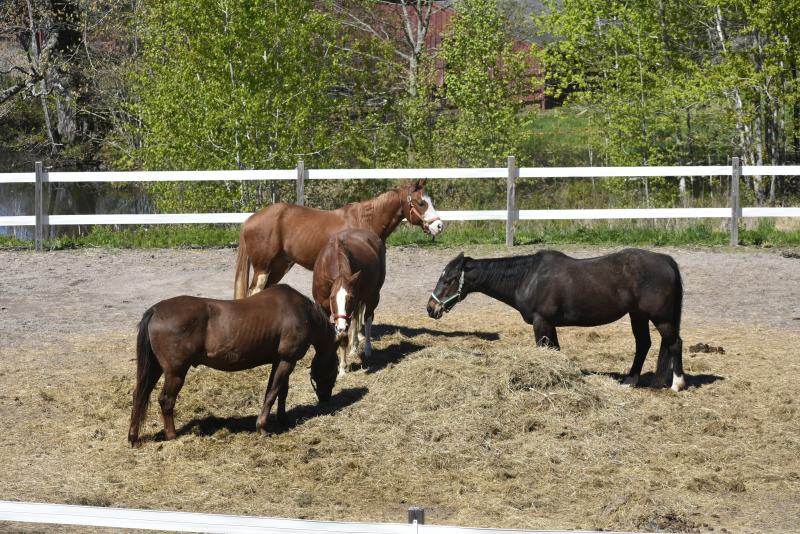 Charlie and friends. JOSEPH CHARPENTIER/Boothbay Register
Charlie and friends. JOSEPH CHARPENTIER/Boothbay Register
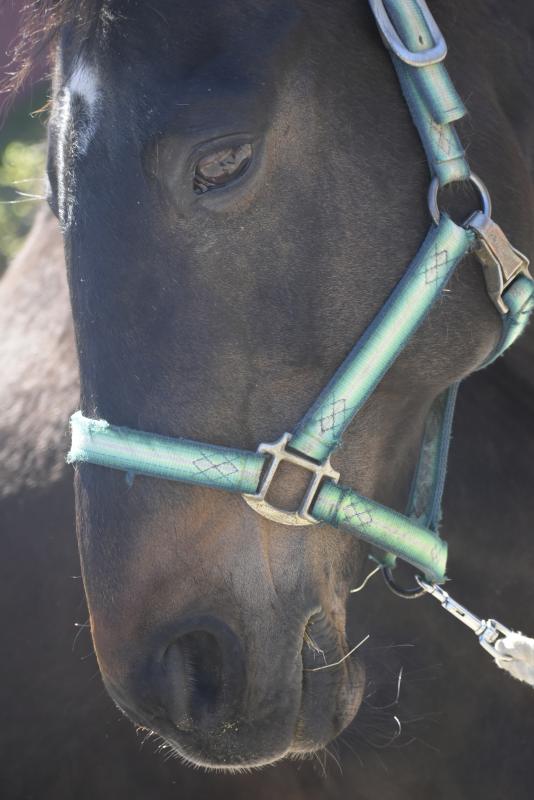 JOSEPH CHARPENTIER/Boothbay Register
JOSEPH CHARPENTIER/Boothbay Register
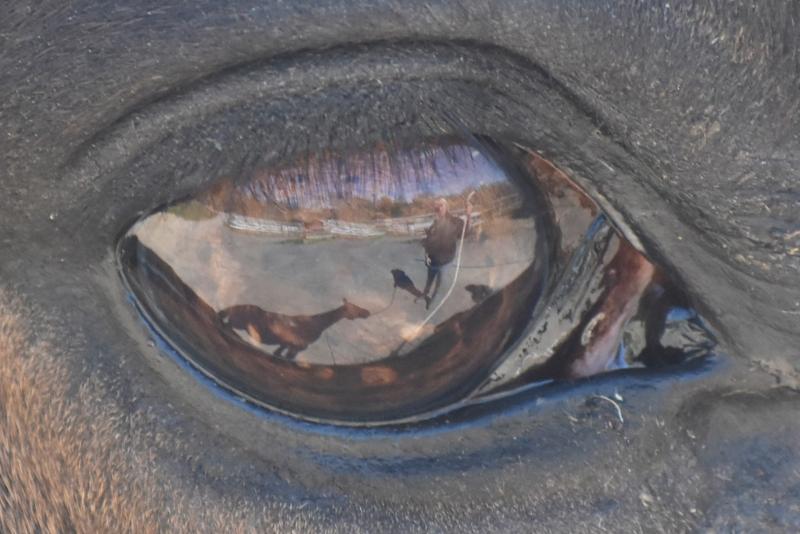 Charlie’s eye. JOSEPH CHARPENTIER/Boothbay Register
Charlie’s eye. JOSEPH CHARPENTIER/Boothbay Register
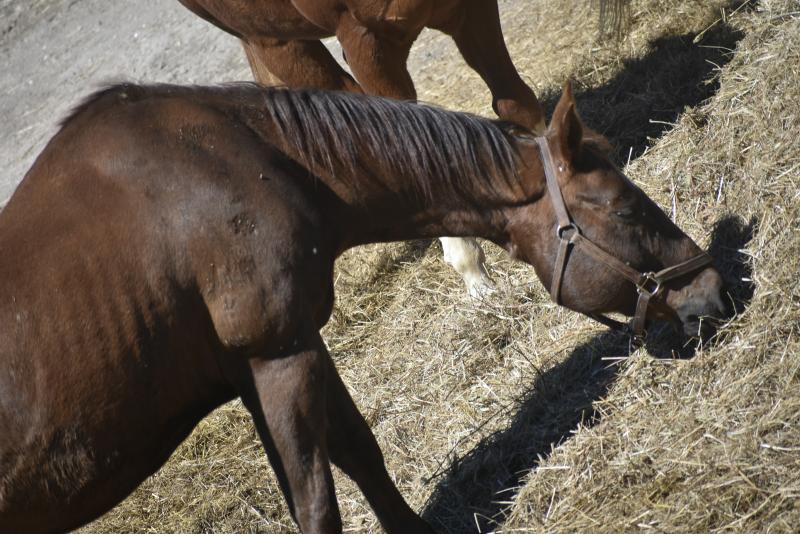 JOSEPH CHARPENTIER/Boothbay Register
JOSEPH CHARPENTIER/Boothbay Register
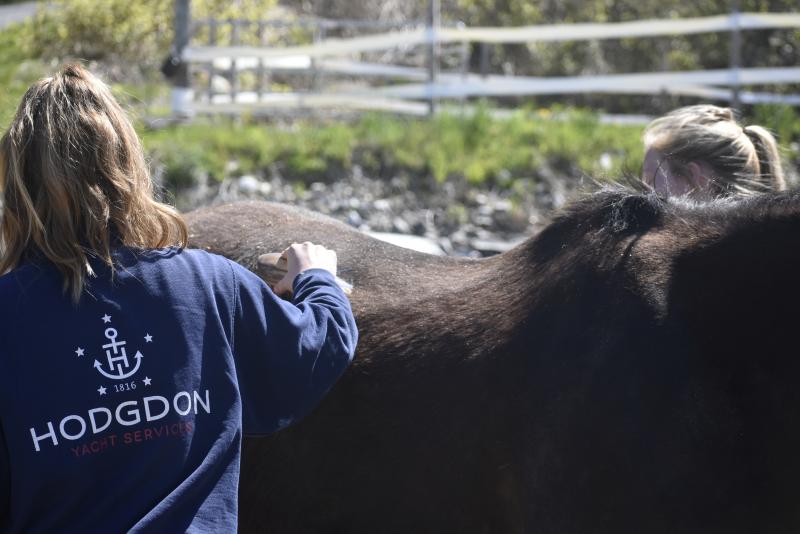 Piper and Harriet McKane brush Charlie down for his closeup. JOSEPH CHARPENTIER/Boothbay Register
Piper and Harriet McKane brush Charlie down for his closeup. JOSEPH CHARPENTIER/Boothbay Register
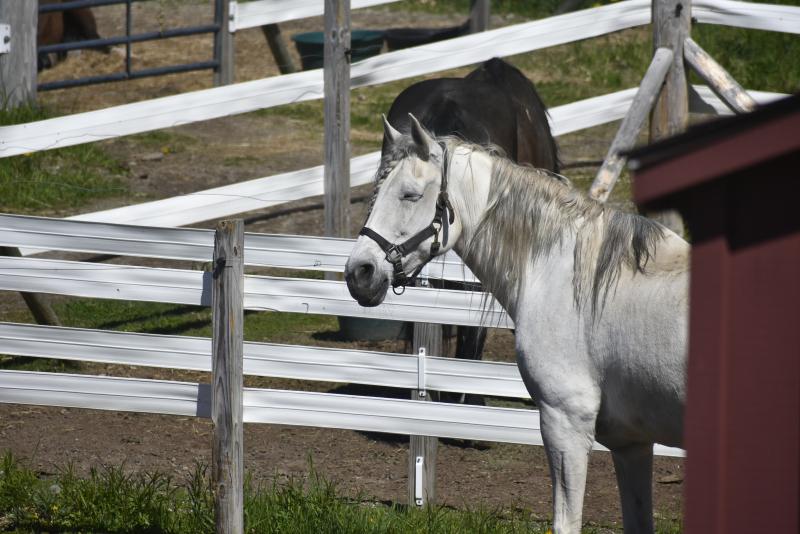 JOSEPH CHARPENTIER/Boothbay Register
JOSEPH CHARPENTIER/Boothbay Register
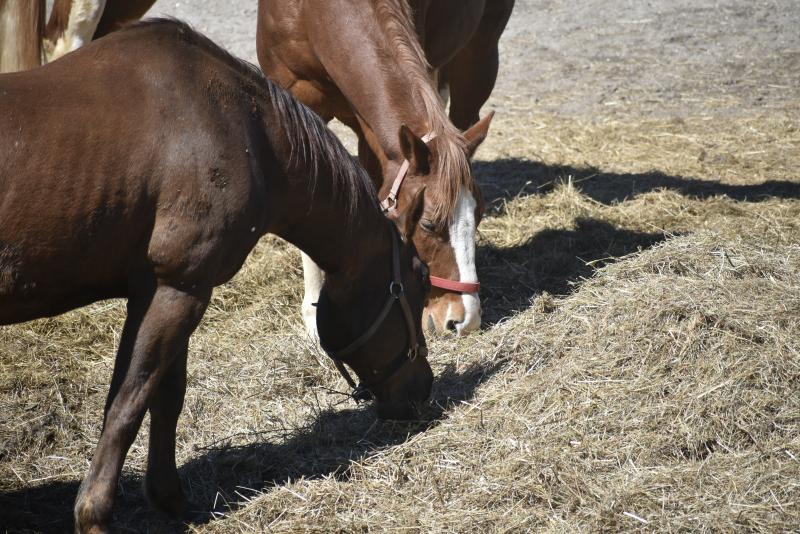 JOSEPH CHARPENTIER/Boothbay Register
JOSEPH CHARPENTIER/Boothbay Register
 JOSEPH CHARPENTIER/Boothbay Register
JOSEPH CHARPENTIER/Boothbay Register
 Charlie and friends. JOSEPH CHARPENTIER/Boothbay Register
Charlie and friends. JOSEPH CHARPENTIER/Boothbay Register
 JOSEPH CHARPENTIER/Boothbay Register
JOSEPH CHARPENTIER/Boothbay Register
 Charlie’s eye. JOSEPH CHARPENTIER/Boothbay Register
Charlie’s eye. JOSEPH CHARPENTIER/Boothbay Register
 JOSEPH CHARPENTIER/Boothbay Register
JOSEPH CHARPENTIER/Boothbay Register
 Piper and Harriet McKane brush Charlie down for his closeup. JOSEPH CHARPENTIER/Boothbay Register
Piper and Harriet McKane brush Charlie down for his closeup. JOSEPH CHARPENTIER/Boothbay Register
 JOSEPH CHARPENTIER/Boothbay Register
JOSEPH CHARPENTIER/Boothbay Register
 JOSEPH CHARPENTIER/Boothbay Register
JOSEPH CHARPENTIER/Boothbay Register
 JOSEPH CHARPENTIER/Boothbay Register
JOSEPH CHARPENTIER/Boothbay Register
Burke’s Island Farm’s Becky Abbott and Amy Reny are revamping an old 501(c)(3) nonprofit to create Charlie and Friends Second Stride Rescue, a rescue program for kill pen auction horses. Abbott said the farm currently has three rescues, including Charlie, but with alerts on potential kill pen horses flowing in nonstop, the duo felt it was time to begin saving as many as possible.
“We always go, 'Gosh, can we do it?' Then it dawned on us we have this nonprofit sitting here that's not being used and why not get it back up and running, get a board together and start bringing up these kill pen horses, rehabilitate them and re-home?”
The nonprofit, created for therapeutic riding, is registered, but has been dormant several years, said Abbott. About seven weeks ago, she and Reny got in touch with Julie and Paul Roberts, have been helping with initial networking and next steps for organizational and fiscal structure. The nonprofit now has four board members, Abbott, Reny, Paul Roberts and Ronnie Cohen, and is in need of more, Abbott said.
One of the biggest problems trying to take horses out of the kill pen market is the price of the horse, veterinary bills and transportation; horses bought for slaughter face the journey to Mexico or Canada, since the U.S. no longer allows the practice, but many of the horses brought to auction are already unhealthy or have been overworked to their breaking points, said Abbott. So some horses do not live through the journey and their last days are fully of agony, she said.
Charlie would have been one of them, she said.
“He came here very sick, very underweight and had probably six different worms, diarrhea, shook constantly. He had to be blanketed all winter long and we had to clean him every day in the wintertime. It took a lot to get him back to health and now he's one of our go-tos for lessons and for our kids.”
The other obstacle to rescue is the cost of rehabilitation and boarding. Abbott said it will be imperative to keep the new horses separate from the other horses and away from the chaos of constant arena dragging and 40-plus riding lessons per week. “Our problem is that we don't have a lot of space and our goal is to fundraise and build a section of stalls outside our indoor arena just for those horses. So, when they come up, they will have their own place to quarantine and give them time to relax.”
In addition to the main goals of buying, shipping, rehabilitating, boarding and re-homing, Abbott said there will certainly be horses so far gone health-wise, they will need to be euthanized. It is important for that to be done properly and humanely, she said. That is also one of the reasons they need to find like-minded organizations around the auction areas to connect with – so Abbott and Reny can have an initial place to bring the horses before the journey to Maine or a safe and hospitable place to carry out euthanasia.
The next step for the nonprofit is getting the word out that kill pens still exist and more work needs to be done to save horses. “Horse meat is about 48 cents per pound. We don't really want to go to the kill pen buyers because they usually buy the horses for a couple hundred dollars and if they resell it to us for like $1,200, they take that profit and go out to buy more horses for slaughter.”
The price on horses raised for farm life are skyrocketing, too, said Abbott. The average horse used to cost just over $2,000 and are now going for upwards of $6,000 to $8,000, she said. Considering the market, the nonprofit will sell some of the rehabilitated horses for around $2,000 to $3,000, making it affordable for those serious about owning a horse and putting a little back into the purchase of another rescue. “There's a percentage of horses that go right back (to auction), so I want to make that a big part of the mission, to make sure that horse is at a home and that it will not go back.”
Abbott said the rescues have been great for therapy riding for people with anxiety, depression and special needs. Likewise, the horses in rehabilitation have also benefited from the attention: For many person-horse pairings, there seems to be a mutual understanding.
“This is as much therapy for (the people) as it is for these horses. That's the other part of it, we have these amazing kids who want to be here all the time with these horses that come from no background, they have no name, no nothing. And we've seen them come back from the worst point in their lives that we know of.”
Event Date
Address
United States





































